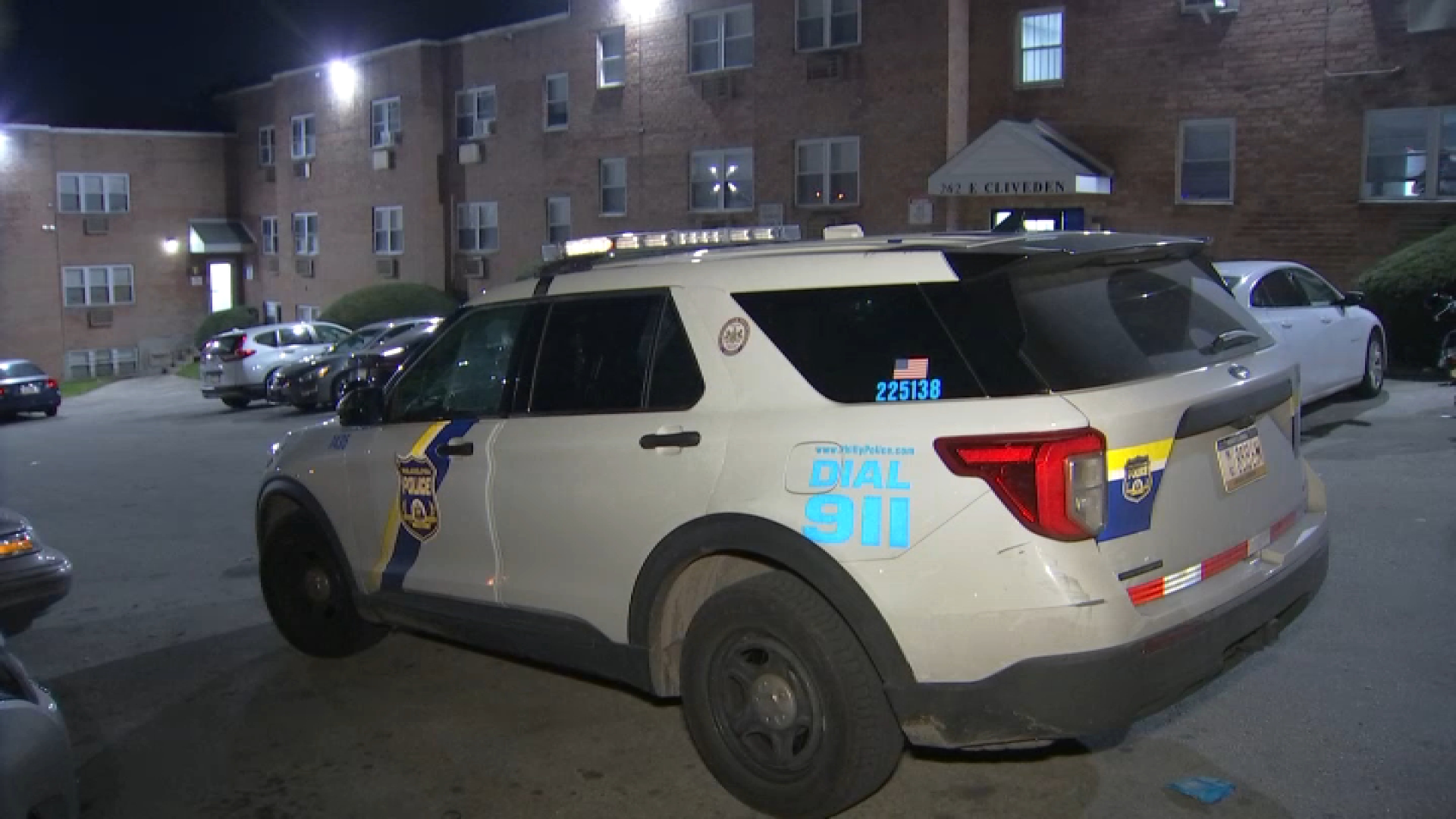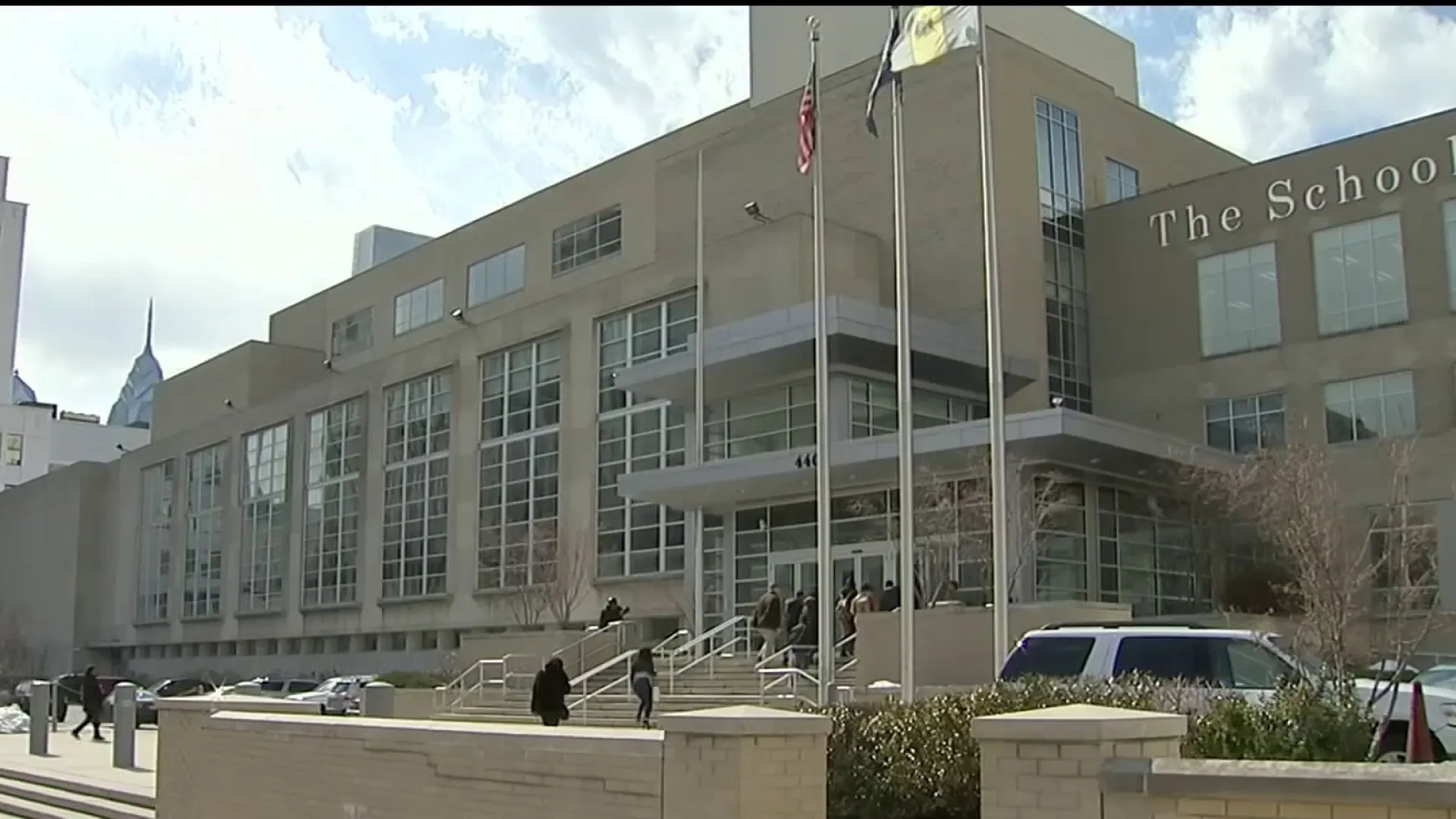Editor's Note: 10 Questions is a weekly feature on NBC10.com. If you know someone who we should profile, please email us.
Philadelphia filmmaker Bud Clayman's first professional film will show at the Philadelphia Jewish Film Festival on Sunday, April 21 at 7:30 p.m. at the Gershman Y in Center City. Clayman embraced his mental illness and followed his dream to become a filmmaker. For ticket information, click here.
What is the name of your film, what's your role and what is it about?
"OC87: The Obsessive Compulsive, Major Depression, Bipolar, Asberger's Movie"
This is my first professional film. I am the co-writer, co-director and executive producer on the film. The story is about my journey with obsessive compulsive disorder, Asberger's and the people I met along my path. Maurice Benard, an actor on General Hospital, is one the subjects in the film. Benard has come out and openly spoke about his obsessive compulsive disorder. Glenn Holsten is a co-director. Scott Johnston is a co-writer.
How did you become a filmmaker?
Local
Breaking news and the stories that matter to your neighborhood.
I had always been interested in performing and acting since I was 7 years-old. I watched a lot of television in the 1960s and wanted to be on the screen. I ended up doing a 38 minute public relations video while a senior in high school at Akiba Hebrew Academy in Merion (now named Jack M. Barrack Hebrew Academy in Bryn Mawr). Then, I went to Temple University and majored in radio, television and film in 1979. It was a different experience at Temple. It was a very rough transition. Temple was a good school, but I also think I needed a smaller school. I did some films at Temple. Afterwards, I did some production assistance work on commercials. Then, I decided to go to Los Angeles for a couple of years with the goal of becoming a writer/director. There were a lot of emotional issues going on at the time, but I loved LA a lot. I ended up doing freelance script reading. Then, I came home.
Why did you make the film?
I made the film because you couldn't talk about mental illness in the 1970s and 80s. I have to thank a director like David O'Rusell for making Silver Linings Playbook because it's starting to open up a dialogue about mental illness. People are talking about it more.
How did mental illness become a part of your life?
Before I got to Temple, I had moved away from home and I was very attached to my mother and the protection she provided. So it was a new experience living on my own. I lived in a house for two years with a roommate. I became severely depressed because I was out in the world for the first time. I wasn't medicated at the time, but I pulled myself around. I dropped out the first semester because I wasn't doing well with my studies. I came back the following year and did well. Around 1985, I suffered a nervous breakdown. I became protected at Temple and then had to go fend for myself again and get a job. The depression came back.
How did you come to make OC87?
I was in a tikvah writer's group back in 2005 at the National Alliance of the Mentally Ill in Glenside. The teacher asked me what I wanted to write about, and I said therapy. I wrote an essay about it and how it empowered me. I then thought this would make a great film about how it's helped people's lives.
How long did it take to shoot the film and what equipment did you use?
The film took about two years to make, including writing the script, shooting and editing. We shot on a professional Panasonic high definition tape video camera. I also shot video diaries on a smaller Panasonic camera that I dubbed "the buddy cam." The film was edited in Final Cut Pro at DIVE and Shooters Post & Transfer in Center City. The same editing post production facility did special effects for Silver Linings Playbook.
Where did you shoot the film?
The film was primarily shot in Philadelphia at the following locations: my apartment, City Hall, a 44 bus, Little Pete's Restaurant, Dock Watson's Tavern, Geno's and on City Line Avenue. Other city locations include: Los Angeles, San Francisco and Boston.
Has your film been seen already?
Yes, we opened in New York City in May of 2012, and one in September. We hoped to have qualified for the Academy Awards. We opened in Los Angeles in four theaters in May 2012 as well. In total, the film was seen in 22 cities. The film received an 80 percent fresh on Rotten Tomatoes. On our website, you can view a trailer.
Do you think the stigma surrounding mental illness can be changed?
My main reason for making the film was to create a dialogue within America around mental illness. One of my cinematic fantasies was that people would be watching my movie in the theater and you would have maybe a husband and wife and they would be saying this is like my son or daughter's story-- and I notice these symptoms in them and maybe there's help. I wanted to create a safe environment for people to talk about mental illness. I'm very big on therapy; it has saved my life. I see two therapists right now. They really do empower you to handle your own problems and eventually you can go off on your own and become a better person. You can handle your life better. I'd like to encourage people to seek therapy. I just hope people come out of this film with a greater understanding for people who have mental illness and for those trying to fight the good fight. It is a fight. I'd like for people to have a great compassion for it.
Who inspires you?
My mom, Lila Clayman, is in the film. She's a big support to me and was always there for me growing up. She was the one who got me into Project Transition, a residential treatment facility that I lived in for 8 years. My mom and my therapists inspire me. They give me the confidence to really change my life and make it happen.



